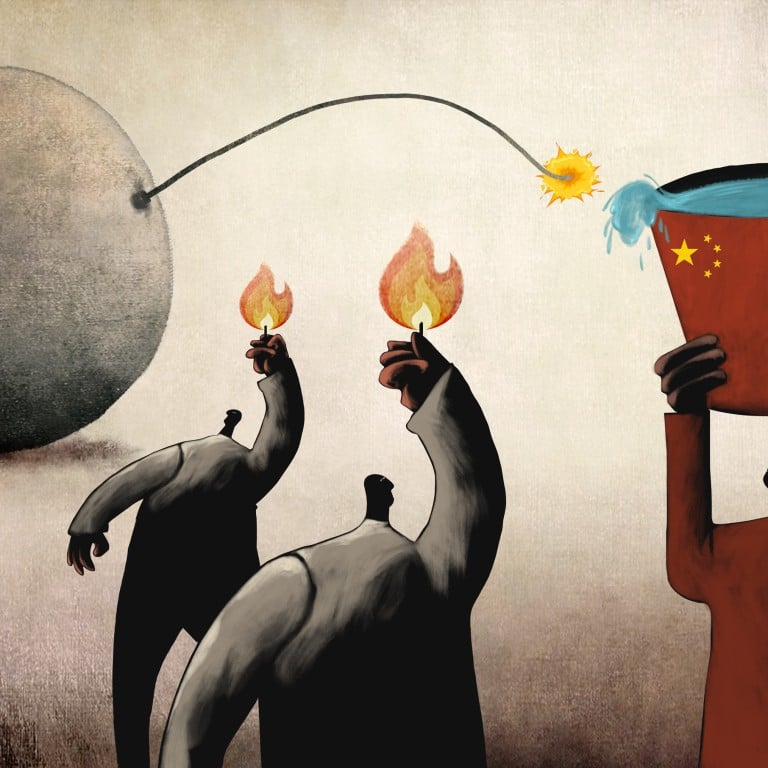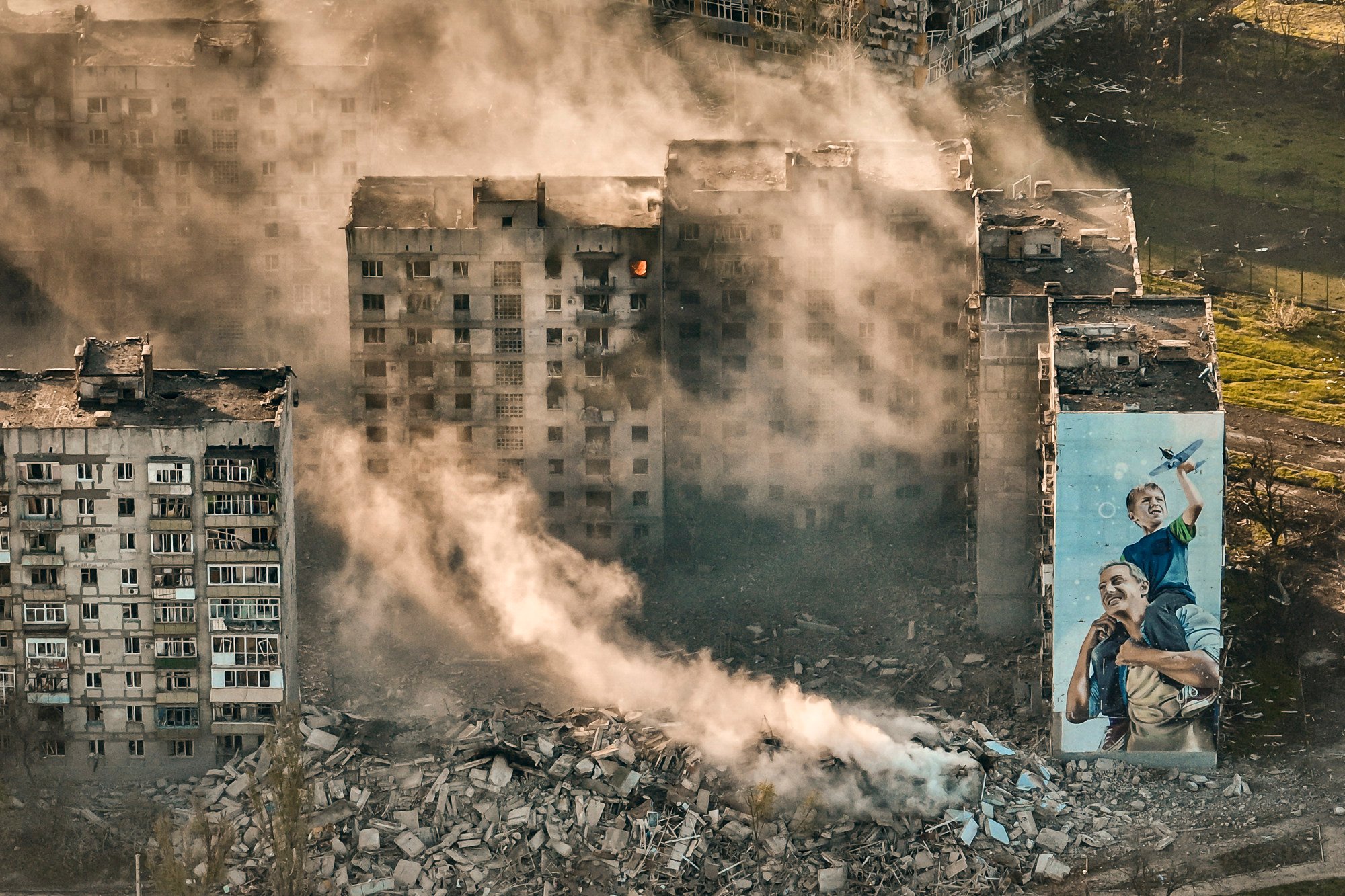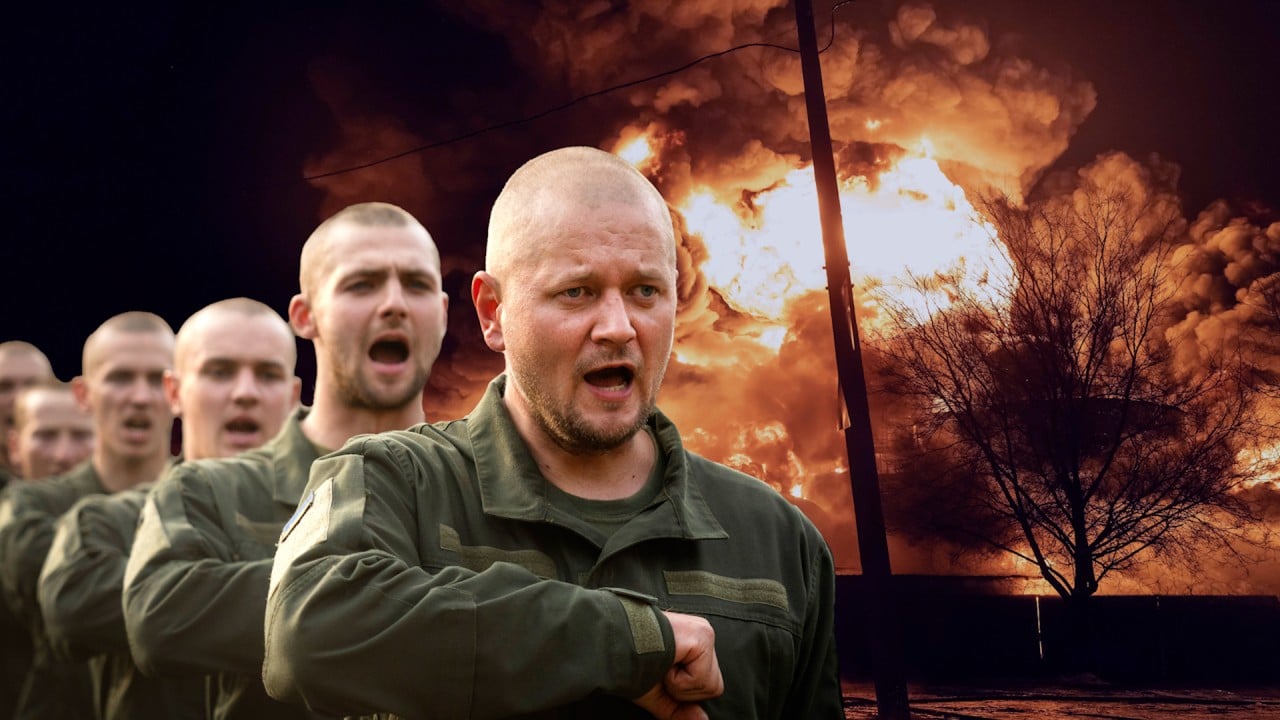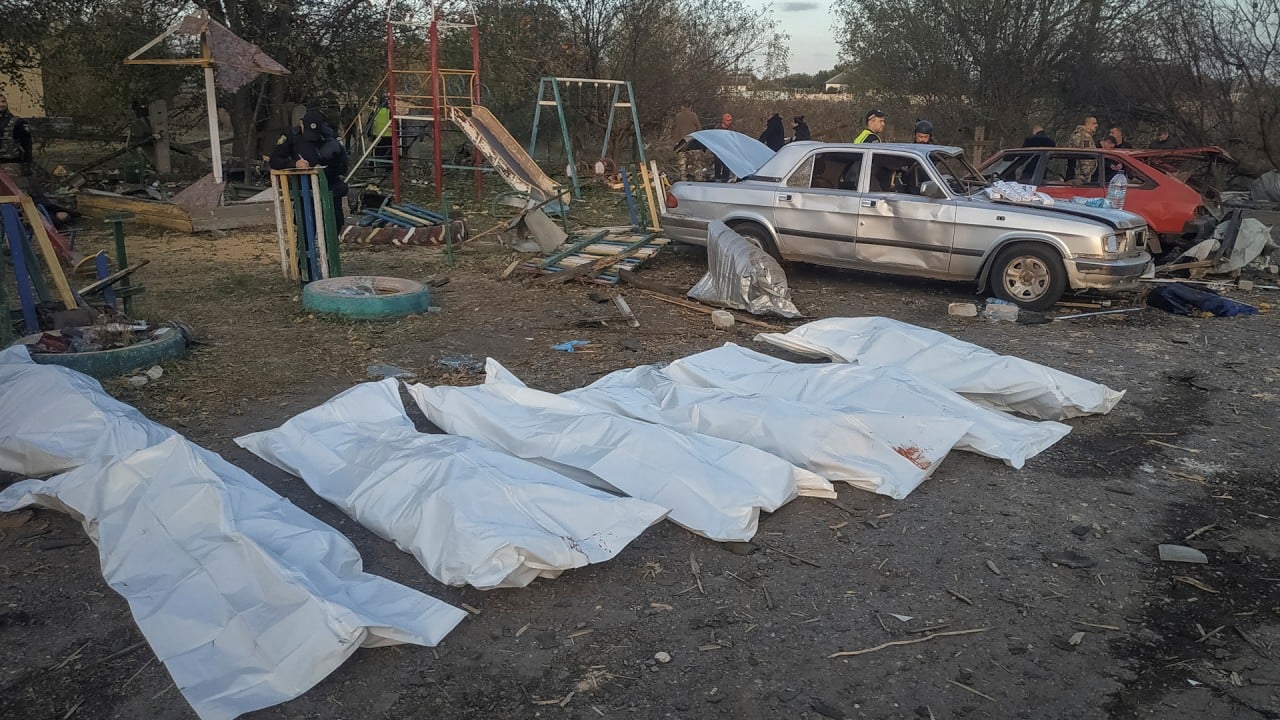
Time could soon be ripe for China to lead negotiations to end Ukraine-Russia war
- Despite efforts by China to act as a mediator in ending the fighting in Russia’s invasion of Ukraine, to date it has had limited influence
- But with Ukraine’s recent failed counteroffensive and Western aid drying up, the time may have come for China to help broker peace
To that end, last year Chinese President Xi Jinping met twice with his Russian counterpart Vladimir Putin, and in April he held a phone call with Ukrainian leader Volodymyr Zelensky.
Beijing also published its version of a peace proposal and sent a special envoy to both Moscow and Kyiv, with former foreign minister Qin Gang earlier saying that Beijing could offer “Chinese wisdom” to ease the crisis.
Despite this, China’s lack of success has been attributed by analysts to its limited sway over both sides of the battlefield, in particular Russia – even as the international community piled pressure on Beijing to exert its influence over Moscow to end the war.
China’s ‘no limits’ relationship with Russia
Zhang Xin, an associate professor of international relations at East China Normal University, said China’s approach towards the war included pushing for peaceful negotiations, banning the supply of weapons to Russia and providing humanitarian aid to Ukraine.
The lack of any major breakthrough was down to the parties involved in the conflict, who have “vastly different positions and so high stakes in claiming a final victory”.
“Any other party, China included, has extremely limited influence to swing the final result,” he said.
Russia makes its case to China social media users ahead of Ukraine anniversary
Just days before the war, China declared a “no limits” partnership with Russia. Then one month later, when the two leaders met in Moscow in March 2022, Xi called Putin “my dear friend” and the pair spent hours discussing bilateral cooperation and the war.
When Putin reciprocated with a visit to Beijing last October, Xi vowed to boost the development of the two countries and “safeguard international fairness and justice”.
But “such expectation is overplayed in the first place”, Zhang said of the West’s calls for China to pressure Russia.
After all, he added, the two countries share similar views on key global issues and “often act together”. Russia has also been viewing China with growing importance on the economics front.
According to Fan Hongda, a professor at Shanghai International Studies University, unlike Western countries, China has the ability to communicate with Russia. But he did not think at present that Beijing could exert “significant influence” on Moscow to end the war.
But he said Beijing has, in fact, been “more constrained than we think”.
Potential conflict between Beijing and Moscow
Mertha suggested there have been certain areas of potential conflict between China and Russia festering just below the surface which Beijing has sought to avoid disturbing.
One example is central Asia. The more occupied the Kremlin was on its “western front”, the less likely it would be to upend the region’s status quo, lending China greater security.

For Cheng Chen, professor of political science at the University of Albany, China is the only major power that could exert “substantive pressure” on Russia, given that it is Moscow’s “most important strategic, although not formal, ally”.
But according to Chen, China has been reluctant to prod Russia to make concessions to end the war as it valued Russia’s strategic partnership within the broader context of heightened tensions with the US.
“The West and Ukraine would certainly want China to do more. But from China’s point of view, it will only do so when it feels like it is in China’s interest,” she said.
China’s support for Russia ‘very troubling’, says US ambassador
“As the current status quo on the battlefield seems to favour Russia, China probably does not see a lot of incentives to push Russia to make significant concessions.”
Chen suggested China’s lack of progress in its mediation efforts could also be attributed to one other factor – timing.
In other words, “the condition for a political settlement was far from ripe,” she said.
Since last year, however, things have changed significantly.
The changing tide of the Ukraine-Russia war
“All these present an opportunity for China to renew its push to play a leading role in achieving a political solution for this conflict that will define the future of Europe,” she said.
If China succeeded, it would help convince the Global South group of developing nations and even some in Europe that its global diplomatic clout “now rivals that of the US”.
China’s foreign ministry on Wednesday announced that Li would embark on a second round of shuttle diplomacy next month, where he was expected to again visit Russia and Ukraine and other European states.
Breakaway Moldovan region asks Russia for ‘protection’, raising Ukraine tensions
But Li Ziguo, director and associate research fellow of the Department for European-Central Asian Studies with China Institute of International Studies, argued is not up to China – which he said has a mindset of resolving conflicts – to broker peace, but instead, “the key is held by the US”.
“What China can do is [direct] our attention to the situation and look forward to playing a role to resolve the problem. What the US is looking for is to drag Russia down, so I don’t think China’s mediation efforts could go any further if the US doesn’t change its mind.”
How China benefits from the war
Fan, from Shanghai International Studies University, echoed the sentiment, suggesting that China knows the war is not a conflict that exists only between Russia and Ukraine.
“China should not be blamed for the continuation of this war, because the fundamental reason for the outbreak and the continuation of the war has nothing to do with China,” he said.
“From China’s point of view, the more [the war] weakens the US and the EU, on balance, the better it is for Beijing to increase its international reach,” he said.
Additional reporting by Laura Zhou



